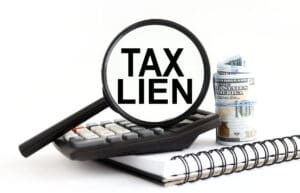Keeping certain documents can help prevent tax issues
Tax time can be complicated, but there are ways for Americans to make life easier on themselves come April. Saving certain documents can help Nevada residents avoid tax issues, especially in the case of an audit. A strong knowledge of what to keep and what to get rid of can go a long way towards streamlining personal accounting and ensuring an individual is prepared for the coming year.
Keeping tax information organized throughout the fiscal year can save time and money when April arrives. Bank statements and statements of income can help to prove what you made throughout the year, and any deductible bills should also be kept in case the IRS chooses to conduct an audit. Finally, a thorough record of your investments will also be beneficial.
Taxpayers are also often confused as to how long documents should be kept after the filing for the year has been completed. In general, most tax return forms should be kept for a minimum of three years along with any documentation used to support those returns. Given many states have four years to file an audit, it can be beneficial to keep this information an extra year depending on location. The IRS has six years to check up on income, so all income tax forms should be kept at least that long, and bad debt information should be kept up to seven years.
Tax issues are no one’s idea of a good time, so it makes sense for Nevada residents to be prepared for any eventuality. Keeping hold of pertinent tax information can help insure you against a problematic audit as well as prepare you for next year’s tax time. Support should of course be sought if there is any confusion about what to keep and what to shred.
Source: Idaho State Journal, “Your tax documents – what to keep and shred,” July 4, 2013




